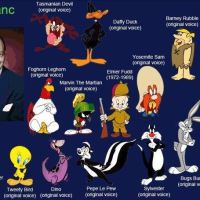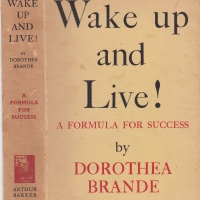Russell Brand’s probable comeuppance is long overdue and, if successful, would represent another high profile scalp for the #metoo movement.
The accused will doubtless claim, with some justification, that by throwing him to the wolves in what amounts to trial by television, the media is biting a hand that has fed it for many years.
Brand has never claimed to be a saint. On the contrary, in his popular stage shows he has flaunted his insatiable sexual appetites, taunting audiences to denounce him as a sinner. Until now, few have been prepared to cast the first stone and this begs the question as to why it has taken so long.
Channel 4’s ‘Despatches’ documentary suggests the reason why is that there is relatively flimsy evidence against him. The programme purports to expose of many misdeeds of a sexual predator hiding in plain sight but it didn’t tell me anything I didn’t already know or have long suspected.
The biggest smoking gun comes with a ‘prank’ phone call with Jimmy Saville who was posthumously exposed as a paedophile. Like a cheap pimp, Brand jokingly offers to provide the services of naked woman to Saville.
None of the unnamed women in the documentary deny that they willingly entered into sexual relations with the openly promiscuous Brand. The fact that accusations of rape, coercion and abuse derive from subsequent encounters make the case against him harder to prove and it can hardly be claimed that he acted out of character.
Brand has never hidden his sexual appetites and has admitted his cynical seduction techniques. Far from being repulsed by his bragging stage act containing such salacious details, he has been widely admired and applauded for ‘saying the unsayable’.
He has survived numerous controversies in the past and indeed has positively thrived on his public misdemeanours through a succession of lucrative radio, television and film contracts. His current podcast has a huge following and provides a vehicle for him to voice increasingly unhinged conspiracy theories.
If nothing else, this latest ‘exposé’ is further proof that the excesses of brazen narcissists know no bounds. Boris Johnson and Donald Trump have proven that this also works effectively in the political arena. Their mantra is ‘If you’ve got it, flaunt it’ and they feel above the legal restrictions and moral standards that ‘ordinary’ citizens live by.




 For me 2019 was not a particularly memorable year for music. I found pleasure in some old favorites but made no significant new discoveries.
For me 2019 was not a particularly memorable year for music. I found pleasure in some old favorites but made no significant new discoveries. Yesterday, I blogged about Gus Van Sant’s flawed attempt to deal with complicated issues of guilt and grief in ‘The Sea of Trees’.
Yesterday, I blogged about Gus Van Sant’s flawed attempt to deal with complicated issues of guilt and grief in ‘The Sea of Trees’.





